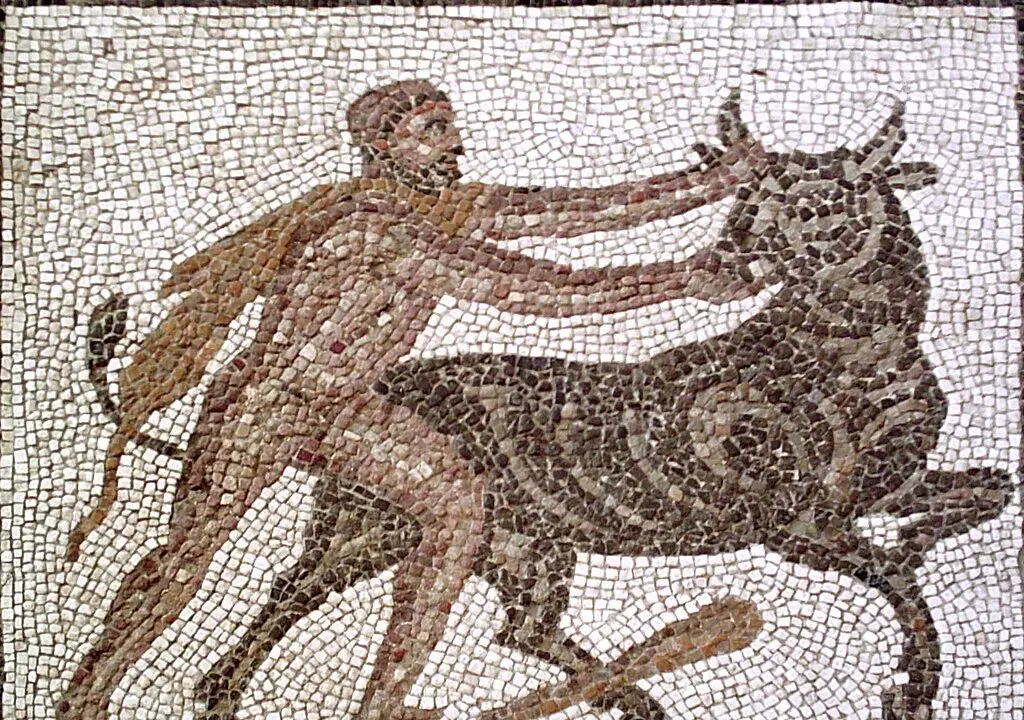St. Augustine observed long ago that “whatever appears in the divine Word that can be referred neither to virtuous conduct nor to the truth of faith must be taken to be figurative.” I think the key word in his sentence that we have to come to terms with is the word “figurative.”
The “divine Word” means, of course, the scriptures. And it is easy to see that the Ten Commandments, for example, are a clear case of exhorting us to virtuous conduct. Equally, we can delve into the Epistles of Paul in the New Testament and find plenty of examples of what constitutes “the truth of faith.”






